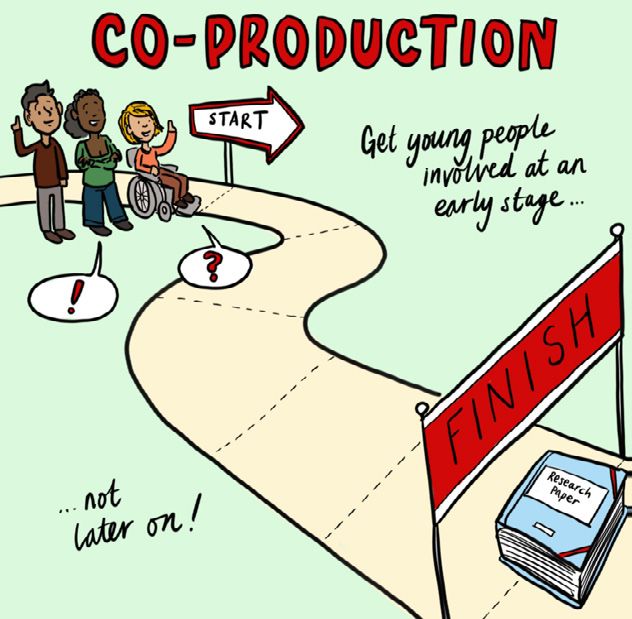Reliving the impact successes of a mental health research network: The Emerging Minds Network

Professor James Stark was a Co-Investigator on the Emerging Minds project which generated incredible impact by bringing together people and organisations passionate about mental health.
The Emerging Minds project was a mental health research network and was part of the Cross-Disciplinary Network Plus Initiative supported by UK Research and Innovation. The Network aimed to “facilitate research with the potential to reduce the prevalence of mental health difficulties amongst children and young people” says Professor Cathy Creswell, the Network’s Director.
By engaging with young people, family members, practitioners, and policy makers, the Network generated key research challenges and questions. These focused on improving mental health promotion, prevention, and early treatment. They subsequently informed 4 rounds of funding calls, which led to 15 projects being funded, alongside training programmes for Early-Career Researchers and a cohort of interdisciplinary Special Interest Groups.
Impacts of the network
A few of the impact of this project are reported below:
- Interns and advisors helped to identify research priority areas towards developing some of the funding calls. A few of them subsequently published a commentary and correspondence piece in The Journal of Mental Health and The Lancet Psychiatry, respectively.
- Through one of the funded projects (The Trade Project) fantastic career development opportunities were offered for a number of students at King’s College London.
- The research team of one of the funded projects (Optimistic Minds) developed a legislative theatre play which was performed to diverse audiences to co-produce recommendations for youth mental health policy. This play had significant impact. After seeing the performance at the Big Emerging Minds Summit in November 2022 Professor Stark described the piece as “genuinely breath-taking and creative”. This project has now secured funding from UKRI/RSA to proceed to its second phase.
- The project drew on the lived-experience expertise of parents and carers who participated in identifying research challenges; developing plans for specific research projects; reviewing funding calls; and contributing to blogs, among others.
- Another project – Rethinking Education: Lessons from Lockdown SIRG – brought together several young people, parents, carers, educators with a desire to learn from their experiences and to propose research priorities areas.
- The network expanded its remit to providing support to children and young people during the pandemic. For example, they created an evidence-based resource for those supporting children and young people with worries about COVID-19; ran a webinar series and online conference; launched and supported the Co-SPACE research study; leading the CoRAY project, among others.
- A range of training and development opportunities were offered to Early Career Researchers (ECRs) focused on children and young people’s mental health. These opportunities were provided through the funding calls; ring-fenced funding for ECRs to undertake placements across sectors; internships; the GROW Researcher Development Programme; and others.
- Towards building research collaborations that cut across a range of expertise, subject areas, organisations, and sectors, 19 new Special Interest Research groups were established. Each group received funding for several targeted activities and impact work.
- The network also hosted four cross-sector placements; encouraged policy engagement; and supported The Mental Health Research Matters campaign.
The Emerging Minds Network has generated significant impact. It is hoped that the discussions, networks founded, and publications on the various topics will continue to impact on research in the future. Meanwhile, the light of the Network shines on through the legacy Emerging Minds Network website.




